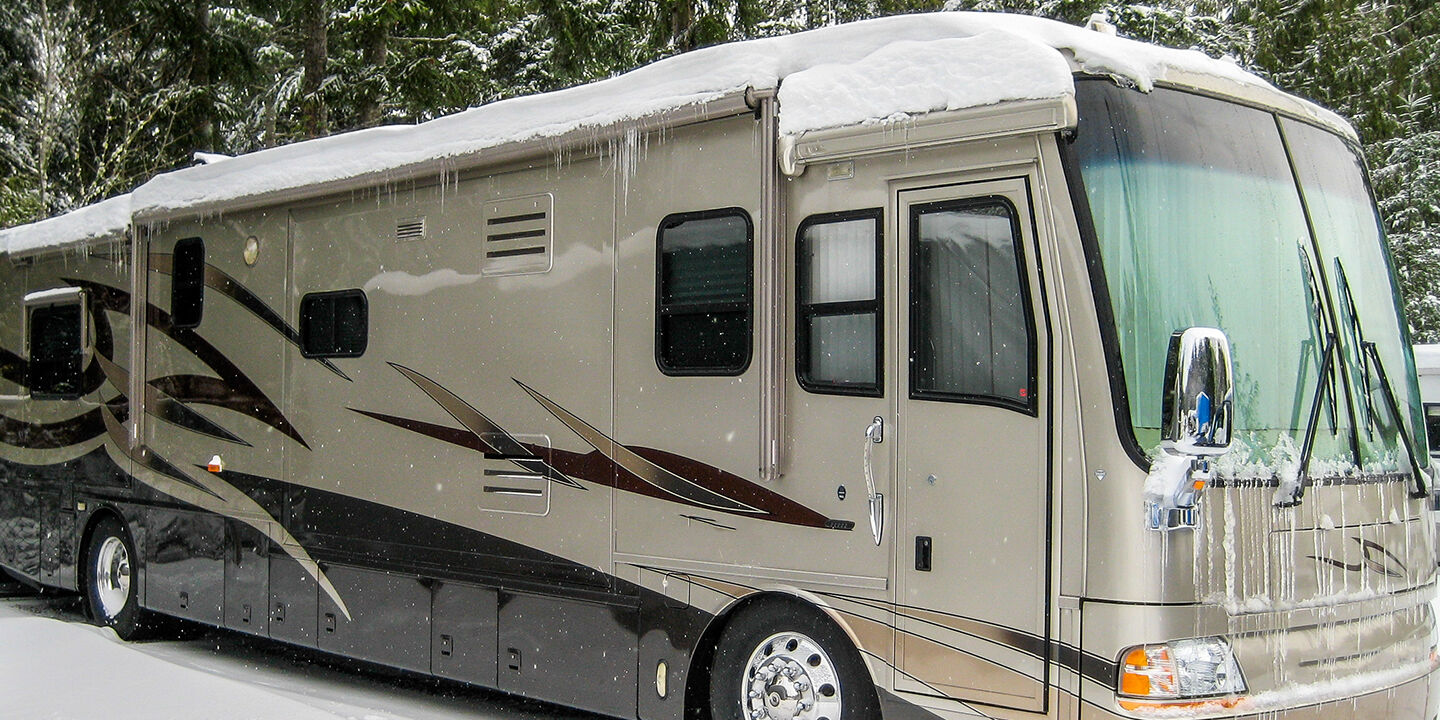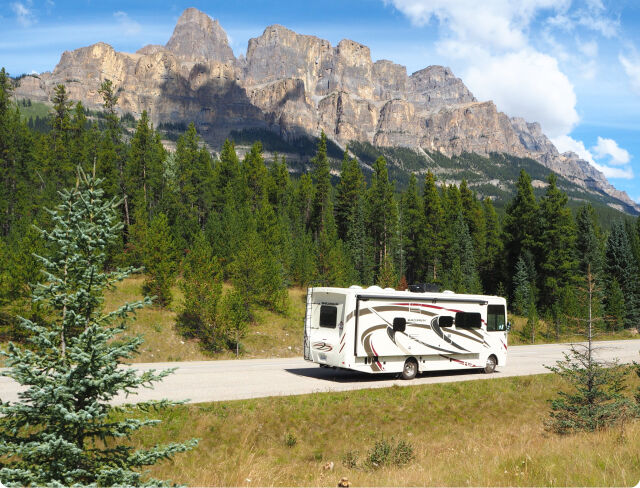
RV Maintenance & Tutorials
Choose Your Weapon: 3 Steps To Picking The Right RV Antifreeze

Old Man Winter’s coming, and one of the best tools to have in your RV arsenal is antifreeze! But where do you start?
With all the products out there, it can be difficult to know what’s the best product for your specific RV. Here are three steps to buying the right antifreeze for your RV.
Weigh the pros and cons. The two types of antifreeze are propylene-based (propylene-glycol) and ethylene-based (ethylene-glycol). Both are designed to raise the freezing point of water, but each has pros and cons.
Propylene Glycol pros:
- Lubricates rubber seals
- Less likely to stain lines
- Little odour – meaning no taste or trace left in water lines
- Non-toxic
Propylene Glycol cons:
- Costs more to produce, so generally costs more per gallon
Ethylene Glycol pros:
- Cheap to produce, so generally costs less per gallon
Ethylene Glycol cons:
- Could be toxic
- Stronger odor
- More likely to stain lines
- Possibility to dry out rubber seals
- Flammable
Get what you pay for. You’ll pay more for propylene-based antifreeze, but there’s good reason. With ethylene-based antifreeze, the strong odour may leave traces in your water lines, thus requiring extra flushing in the spring. Even with a non-toxic ethylene antifreeze, it still can make the water taste or smell funny.
Err on the side of safety. If you do choose an ethylene-based antifreeze, pick one that’s clearly marked “NON-TOXIC” and “FOR POTABLE WATER” before putting it in your RV. This way, you you won’t have to worry about endangering on your pet or local wildlife; a single teaspoon of toxic antifreeze will kill a cat and a tablespoonful will kill a 10-pound dog.
If you have questions about winterizing your RV or picking the best type of antifreeze, don’t hesitate to contact your local Fraserway RV parts department. We’re the place to everything RV, after all!







